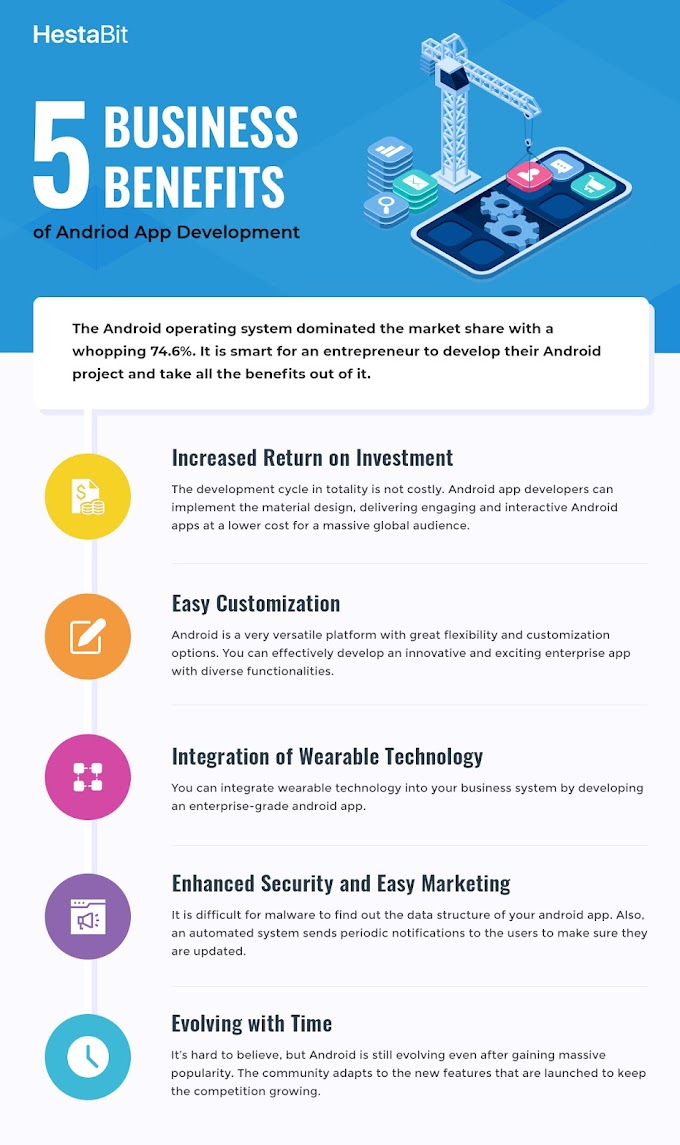A hybrid application is a product that joins the components of local and web applications at one stop. They can be portrayed as pages that can be run on screens. They provide a native application experience to the users, and the web pages can be run on various screens.
Advantages:
In-Budget:
Hybrid applications fall 30% less expensive on the entrepreneur's pocket.
This is because the developer needs to build only one app for Android and iOS, scraping the need to compose different codes and contribute twofold time and assets.
Fast Development:
Hybrid applications permit the developer to utilize a tremendous chunk of the codebase for the two platforms, accelerating the development process compared with native apps.
Supports cloud and enterprise-level solutions:
Using these systems, a developer can redesign an application's validity, functionality, and esthetics without much of a stretch, with easy to use plugins.
Frameworks:
React Native:
React Nativepermits the developers to develop an application that functions similarly to both Android and iOS. It can genuinely develop native applications without compromising user experience.
Popular apps that use React Native are Airbnb, UberEats, Facebook, and Instagram.
Xamarin:
Xamarin is an open-source hybrid application development platform that is claimed by Microsoft. It utilizes .NET and C# to build mobile applications.
Xamarin can develop for Android, iOS, Windows, macOS, tvOS, and watchOS utilizing libraries and tools.
Popular apps that use Xamarin are Alaska Airlines, Microsoft News App, and Outback Steakhouse.
Flutter:
It makes building native interfaces possible quickly, with the tremendous collection of widget it gives. It provides features like scrolling, plus fonts, icons, and navigation.
Popular applications that use Flutter are Alibaba, Cryptograph, Google ads, and Reflectly.









0 Comments